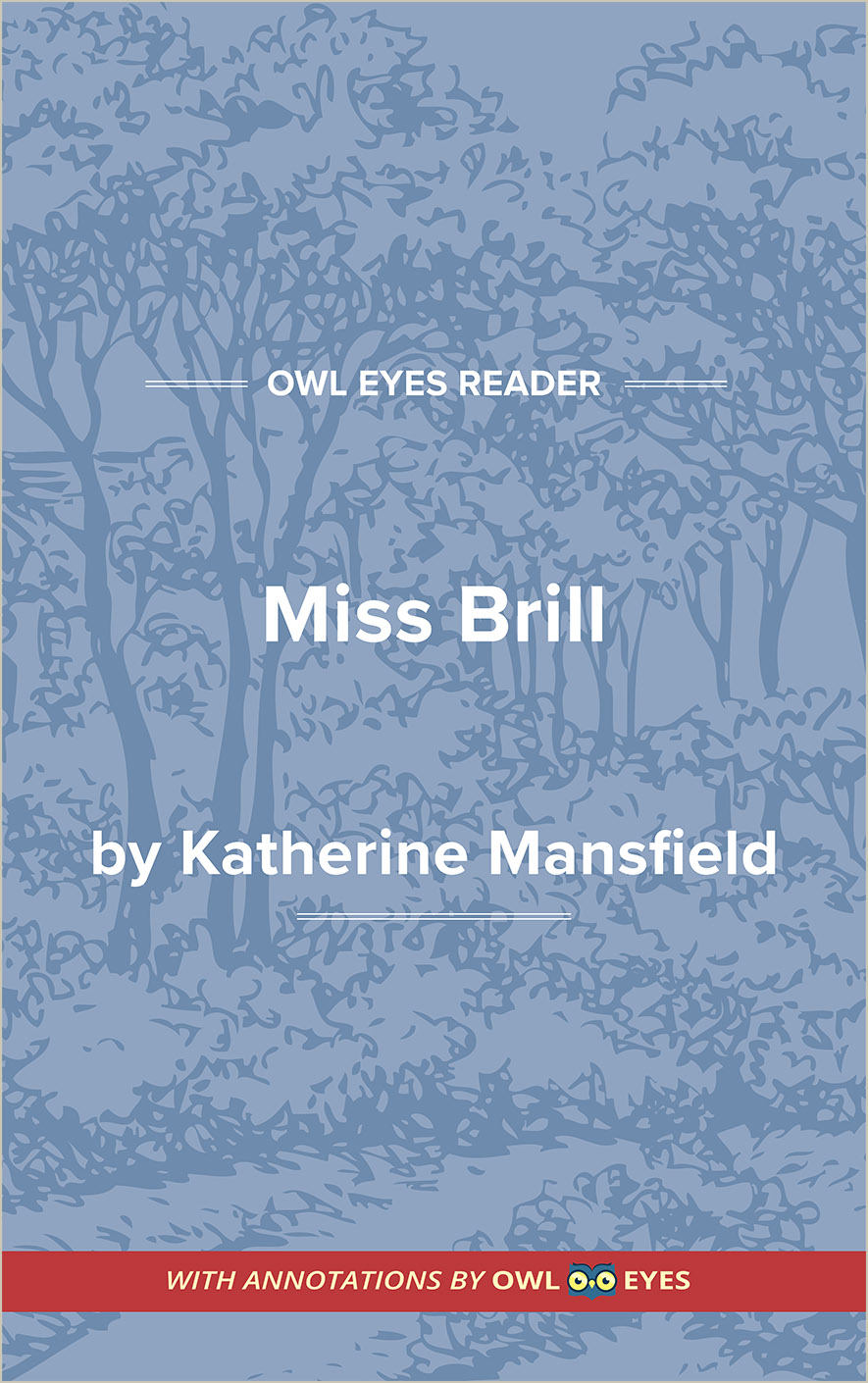Analysis Pages
Historical Context in Miss Brill
Mansfield wrote this story in the aftermath of WWI. The war had wreaked havoc on the French countryside and caused massive disillusionment with modern concepts of progress, industrialization, and national affiliation. “Miss Brill” was published in 1920, the beginning of a period referred to as the “Roaring Twenties,” a period of time when young socialites rejected traditional morality in favor of dancing, drinking, extravagant dressing, and excessive partying. This was a movement largely led by youths that excluded the middle aged and elderly adults who had participated in the war. Thus, the gap between the fatigued old and the spirited young grew wider. It was also a period of time in which a woman’s ability to marry and have children was seen as a dominant marker of her social importance. So-called “spinsters” were considered pitiful or useless to society. Mansfield uses Miss Brill’s unmarried status and age to demonstrate these social attitudes towards such women.
Historical Context Examples in Miss Brill:
Miss Brill
🔒"Dear little thing! It was nice to feel it again..." See in text (Miss Brill)
"the Jardins Publiques..." See in text (Miss Brill)

